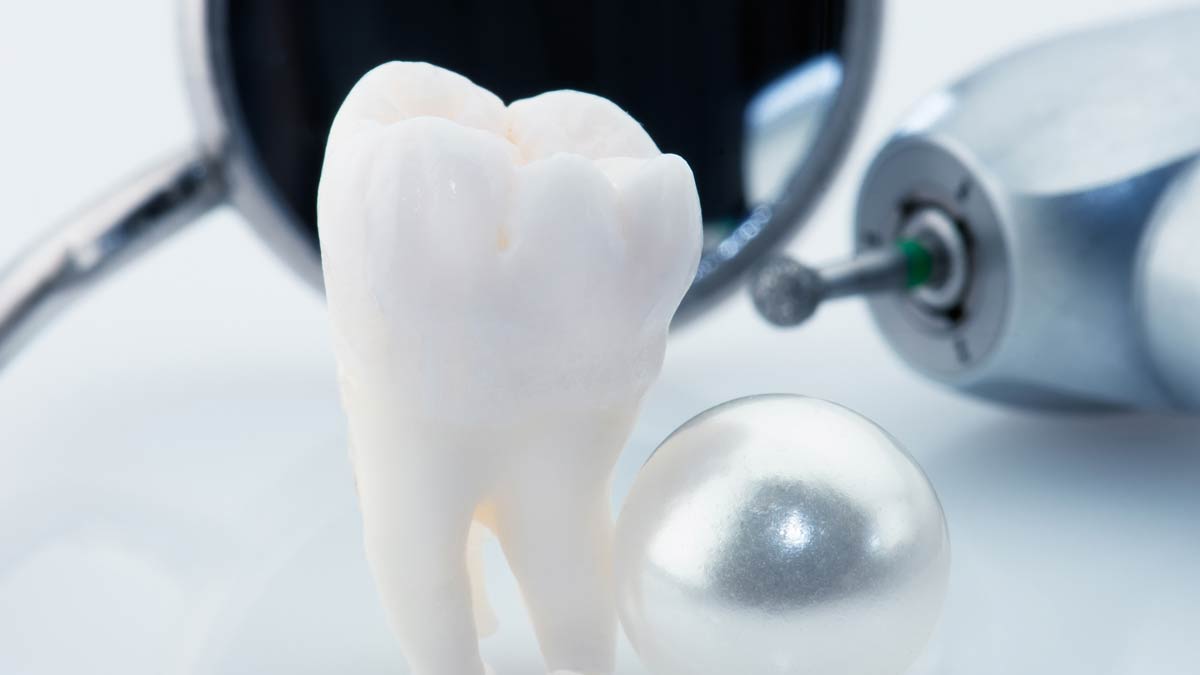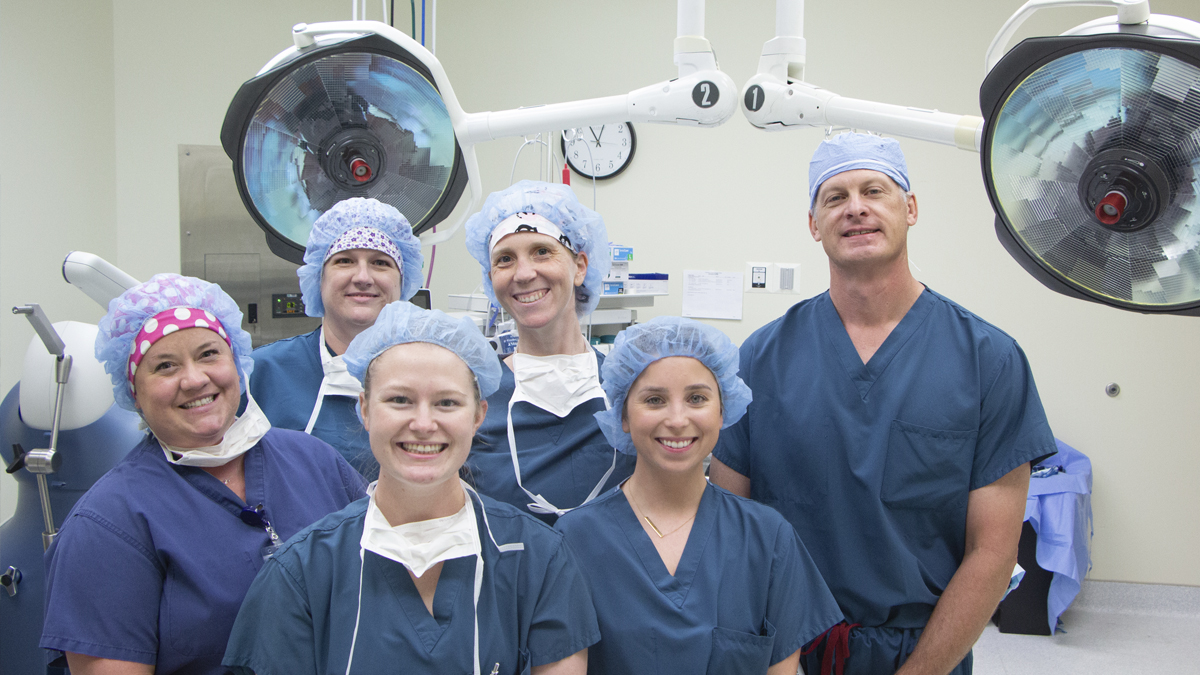“With age comes wisdom,” as the adage goes. And with age also comes wisdom teeth – the four molars in the very back of your jaw that usually begin making their grand entrance sometime in your early 20s. For many people, sporting those extra pearly whites is the opposite of their savvy sounding name, as wisdom teeth can cause other health problems if they are not removed in a timely manner.
There are many indicators that wisdom teeth – also known as “third molars” – should be removed. Tooth malposition, inflamed gum tissue in the area, pain from pressure of the wisdom teeth, infection and cavities can all indicate a need for extraction of the wisdom teeth.
If left untreated, the growing molars can create bigger problems as they force their way to the top of the gumline.
“If patients want to have braces, their wisdom teeth can get in the way of moving other teeth because there is not enough room. Interferences can prevent eruption and lead to the formation of dentigerous cysts, which can weaken the integrity of the jaw,” explained Dr. Charlotte Marvil of APEX Oral and Maxillofacial Surgery.
Other potential problems, she added, include the inability to maintain oral hygiene and the possibility of bone loss, which can affect the second molars – teeth we want to keep – and weaken the jaw.
Some people don’t experience the pain or indicators associated with a need to remove the teeth, but Dr. Marvil recommended considering the options in order to prevent complications later in life.
“There is some controversy as to the timing or the necessity for removal of asymptomatic third molars, but there is evidence that patients younger than 25 have a decreased risk of complications and an improved and shorter recovery after surgery,” she said. “Removal at an older age may be associated with the cost of lost income in recuperation time in addition to the greater risks of removal.”
Depending on the patient’s dental situation, health history and personal preference, there are a variety of anesthetic choices to complete the extraction – ranging from local anesthesia to general – which can be done in-office or at a local hospital.
As with any surgical procedure, there are risk factors involved, including possible bleeding, infection or adverse reactions to medications. There is a small risk of sensory nerve injury, which increases with the patient’s age. And perhaps the most well-known risk is dry socket, which can delay the healing process. Recovery averages three to five days, and patients can deal with the pain by taking long-acting local anesthetics or NSAIDs, icing the face, elevating the head and, of course cold, soft food for the first few days.
Not everyone has their wisdom teeth removed, but it is important to seek advice from your dental specialist to make the best decision for your specific situation.
“I always like to inform my patients of the risks, benefits and potential complications to allow the ultimate decision for wisdom tooth removal to be the patient’s,” Dr. Marvil said.
To learn more about APEX Oral and Maxillofacial Surgery, visit www.apexoralsurgery.com or call 843-790-4667.
By Anne Shuler Toole






